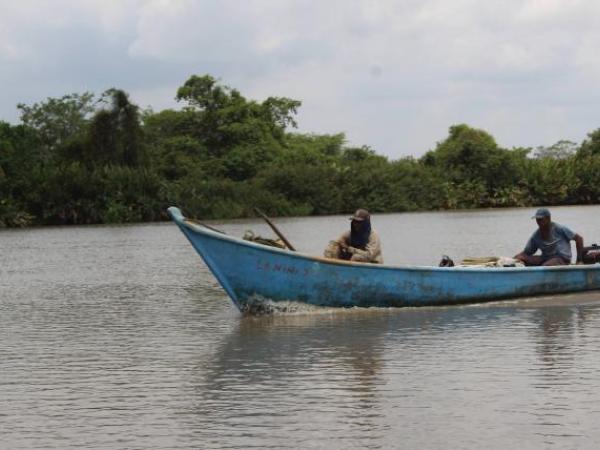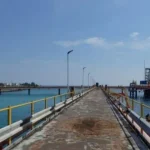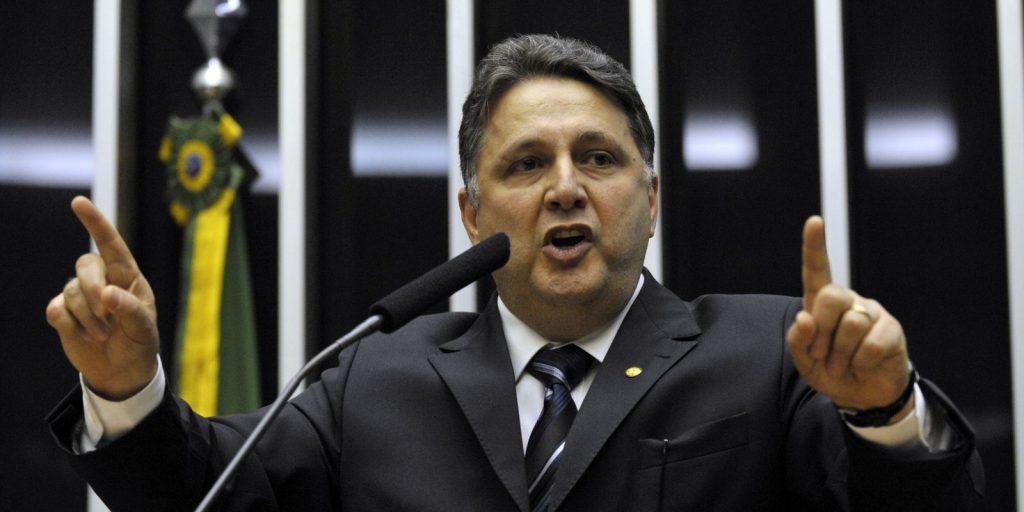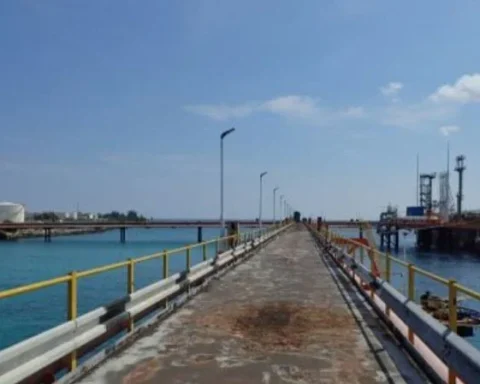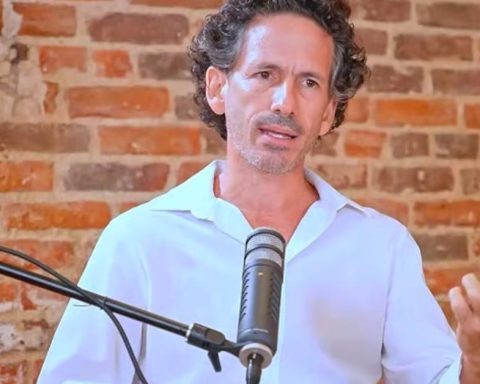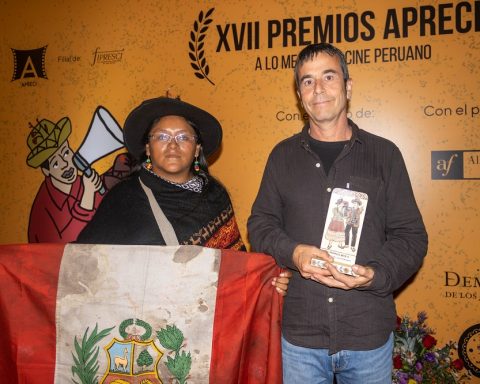Attorney General Margarita Cabello was emphatic in calling attention to the delays in delivering key licenses for the development and improvement of the country. In Santa Marta, in his speech at the National Meeting of Environmental Judicial Attorneys, he assured that there are cases that are worrying for the country, such as what is happening in La Mojana, in the Canal del Dique, or even more recent cases such as the Komodo-1 or Uchuva wells, that affect exploitation and exploration at a time when the country needs it due to the energy crisis.
You can read: With Puerto Antioquia tractor trailers would do a double cycle on the same day: The work is at 70%
“There are procedures that have lasted more than two years such as Sogamoso 500, Chivor Norte, Virginia – Nueva Esperanza, essential for energy security in Bogotá that are being delayed by environmental authorities,” he said and added: “It cannot be that these procedures, which should take three months, take up to two years.”
The head of the Public Ministry, as part of the balance of preventive, intervention and disciplinary management in her administration, highlighted strengthening the system of control and supervision of illegal mining activities.
“Through coordination with local authorities, supervision and monitoring was intensified in critical areas affected by illegal mining, especially in areas of strategic ecosystems and hydrographic basins, such as the Suratá River,” he added.
You can see: ‘We must guarantee the sustainability of the PPP model in concessions’: Fedesarrollo
Dam Canal
Yomaira Grandett. EL TIEMPO Archive
The Attorney General added that, in addition to the national tables, action plans were developed at the departmental and municipal levels: “We prioritize the areas most affected by illegal mining, with joint efforts with the Regional Autonomous Corporations and environmental authorities, which has led to the closure of critical points of illegal exploitation in departments such as Antioquia, Cauca and Chocó.”
As head of the Public Ministry, Cabello Blanco asserted that it was achieved optimize the coordination between the Ministry of Mines, UPME, environmental authorities and local governments to implement more than 10 non-conventional renewable energy projects in the departments of Cesar, Bolívar, Boyacá and Cundinamarca, advancing towards the sustainability of the energy transition.
“The fight against illegal mining is a scourge that devastates entire ecosystems and endangers the health of our compatriots, it is one of the central axes of our National Strategy for the Control of Illegal Mining and Mercury Pollution –“Colombia sin illegal mining, nor mercury”, he added.
He highlighted the monitoring plans managed in the water sources that supply Cali and Bucaramanga, affected by illegal mining in the country; the installation of the only mercury storage unit in Colombia; and the issuance of the new decree on the destruction of yellow machinery used in illegal mining, which allows the National Army to carry out said work.
Also see: Invías awarded four projects from the Colombia Avanza program for $39,594 million

Dam Canal
THE TIME
He also highlighted achievements through the Delegate for Environmental, Mining, Energy and Agrarian Affairs such as the implementation of the project “Strengthening the guarantees of the recognized rights of rural women within the environmental regulatory framework”, developed with the support of USAID and the IEMP, through which more than 50 women leaders were trained.
Finally, he concluded that, with his interdisciplinary team of marine biologists, environmental engineers, lawyers and physicists “We have addressed the most complex problems with a comprehensive and technical perspective.”
And he concluded that he leaves as a legacy “an entity that is guardian of the environment, energy security and the rights of rural workers in every corner of the country.”
PAULA GALEANO BALAGUERA
Portfolio Journalist
